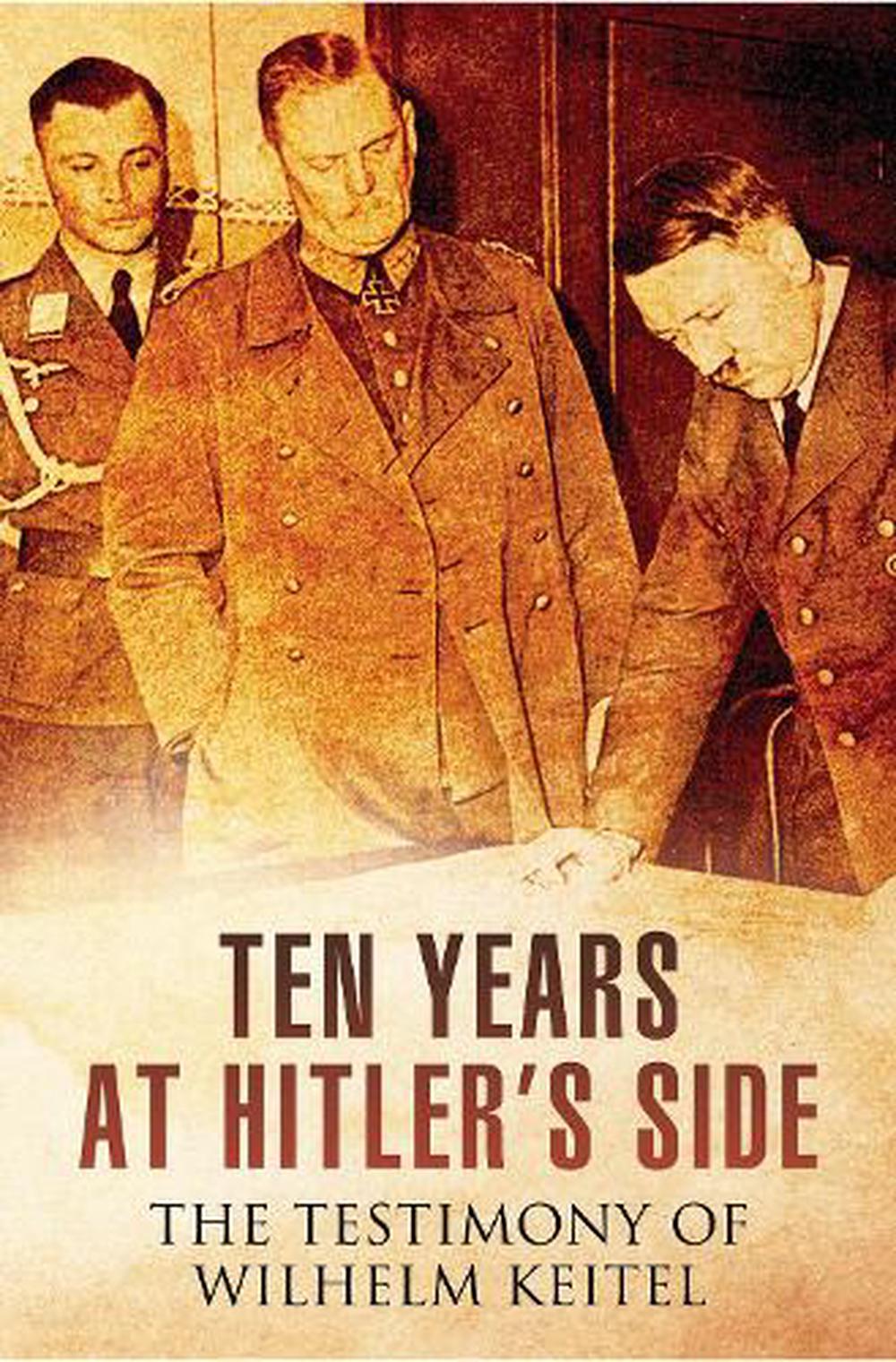


Nonetheless, at times, he considered himself a Christian. Litten became interested in a German-Jewish youth group with socialist-revolutionary ideas, joining with a school friend, Max Fürst. Litten's relationship with his father was strained, and his initial interest in Judaism was out of rebellion he felt his father's conversion was opportunistic. While his father was away at war, Litten once took food from the kitchen to give to a beggar, addressing him as "sir". From his mother, Litten acquired an interest in humanitarian ideas and art, and gained a strong sense of justice for the threatened, persecuted and disenfranchised. Nonetheless, as a youngster he learned Hebrew, choosing it as one of the subjects for his Abitur examinations. Litten himself was baptized a Christian - his godfather was Franz von Liszt. The family left Halle in 1906 and moved to Königsberg in Prussia. Irmgard was from an established Lutheran family in Swabia, the daughter of Albert Wüst, a professor at the University of Halle-Wittenberg. He was also privy counsel ( Geheimer Justizrat) and adviser to the Prussian government. A distinguished jurist and professor of Roman and civil law, he was dean of Königsberg's law school, later becoming rector of that institution. He was a nationalist conservative, and served in the army in World War I, earning the Iron Cross, 1st and 2nd Class.

Fritz was born and raised Jewish, but converted to Lutheranism in order to further his career as a law professor. His parents were Irmgard (née Wüst) and Friedrich Litten (Fritz).

Litten was born the eldest of three sons in a wealthy family in Halle. Not until 2011 was Litten finally portrayed in the mass media, when the BBC broadcast The Man Who Crossed Hitler, a television film set in Berlin in summer 1931.īiographical details The early years After five years and a move to Dachau, where his treatment worsened and he was cut off from all outside communication, he committed suicide.Ī number of memorials to him exist in Germany, but Litten was largely ignored for decades because his politics did not fit comfortably in either the west or the communist postwar propaganda. Litten spent the rest of his life in one German concentration camp or another, enduring torture and many interrogations. In retaliation, Litten was arrested on the night of the Reichstag fire along with other progressive lawyers and leftists. Hitler was so rattled by the experience that, years later, he would not allow Litten's name to be mentioned in his presence. Hans Achim Litten (19 June 1903 – 5 February 1938) was a German lawyer who represented opponents of the Nazis at important political trials between 19, defending the rights of workers during the Weimar Republic.ĭuring one trial in 1931, Litten subpoenaed Adolf Hitler to appear as a witness, and cross-examined him for three hours. Subpoenaed Adolf Hitler to appear as a witness in a 1931 trial


 0 kommentar(er)
0 kommentar(er)
